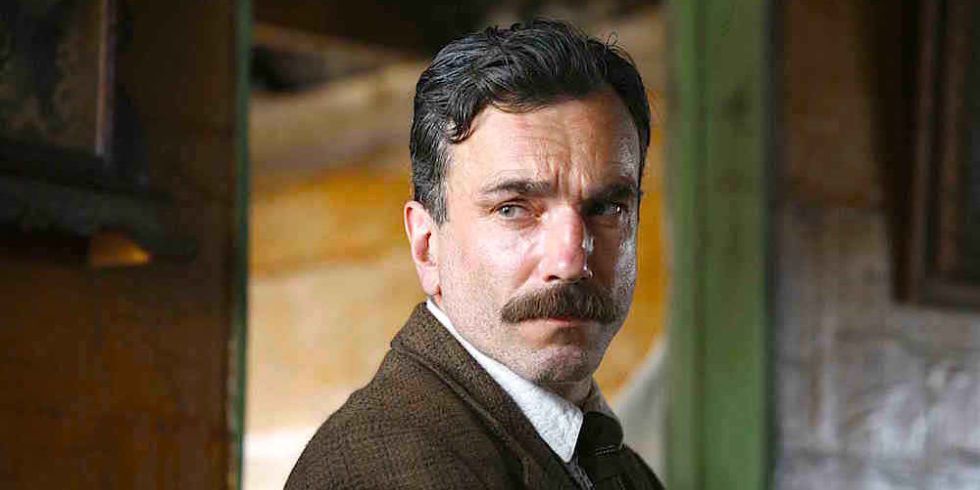
The Oscars for Best Actor in the 21st century awarded some of the best actors of this generation. There were overall very demanding performances, so it was a list that was quite difficult to rank.
Comparing it with the respective Best Actress list, we notice that most of the men’s leading roles present a positive example: people who fought against their disability – whether it was blindness, stammering or sclerosis – artists and politicians who fought for their beliefs or their life. Even the villains were people of power who exerted it in a wrong way. But there were also roles of extreme emotional power.
10 out of 17 may be considered as biopics. High quality scripts have given them the opportunity to get deep into their roles, dive into the story, and emerge as the hero they were called to interpret. Most of these performances were so inspiring that will be long after remembered.
17. Russell Crowe in Gladiator (2001)
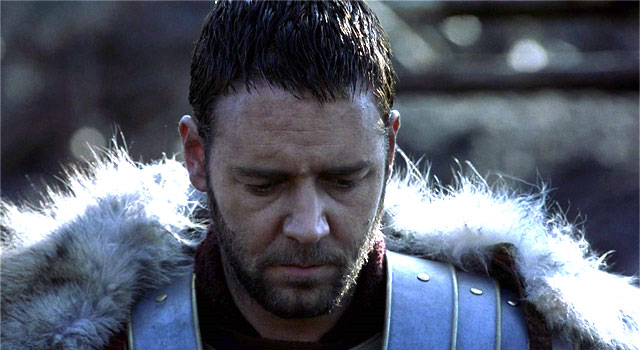
In the first year of the new millennium, the Academy opted for the protagonist of an action movie to get the Oscar for Best Actor. Russell Crowe plays Roman General Maximus who is betrayed; his family is slaughtered and he is sold to fight as a gladiator in North Africa. The only reason left to him to survive is to win all his rivals, arrive in Colosseum, face the new emperor Commodus, and take revenge.
A period drama, a history epic, a revenge tale, whatever that would be, a film with intense action, battle scenes and fighting is not the best for an actor to unfold his talent. Crowe did much better the next year, playing the dysfunctional mathematician John Nash, but he wasn’t awarded.
16. Jean Dujardin in The Artist (2012)
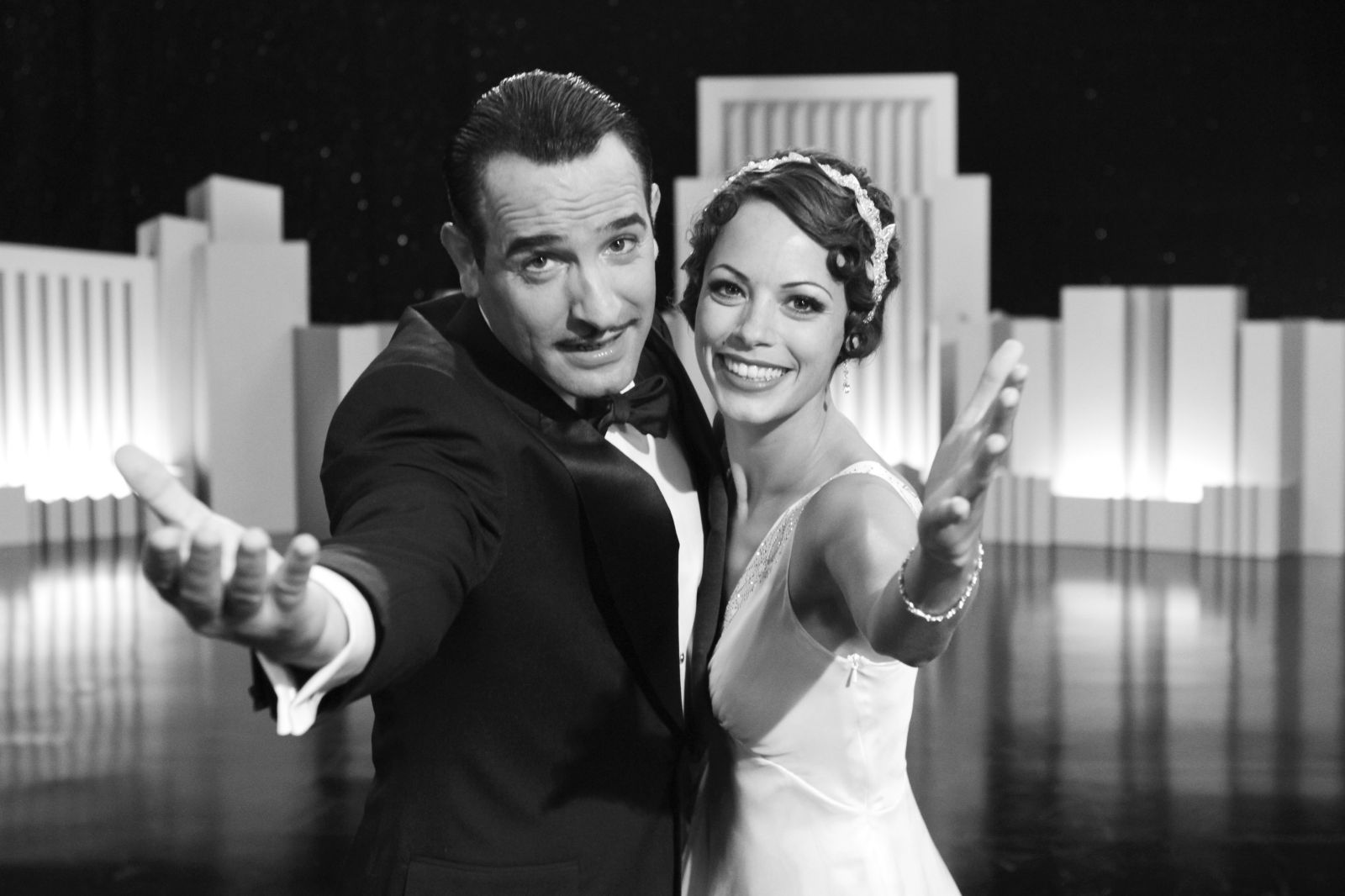
A movie so acclaimed for its nostalgic splendor, a tribute to cinema’s Silent Era. Directed by Lithuanian-French filmmaker Michel Hazanavicius, it first triumphed in Cannes and then won five Oscars, including Best Actor in Leading Role.
Well, the film was a surprise by concept: a silent black-and-white film in the 21st century! And it was really enjoyable! Jean Dujardin was delightful as the Silent Era star that cannot adjust to modernity and sound. It reminded us of old silent era stars, a lovely interval that took us out of our routine for two hours.
And then we got back in. And as if the film was like magic, no second thought was left, nothing to feel about it the next hours, the next days. A lovely film for sure, but not the one to win three of the most important Oscars and two more.
As for Dujardin, he was also enchanting but superficial; the feelings of the protagonist were slipping from his face, in happiness and in despair he had the same glance, the same smile. It could be the perfect look for a Chaplin or Keaton movie, but in the 21st century it looks so dated that it turns caricature.
A tribute of the Academy to Hollywood’s history, a very unworthy Best Actor award.
15. Eddie Redmayne in The Theory of Everything (2015)

Bazen wrote that biopics, when not referred to a deceased person, as they usually do, promote their hero as an exemplary figure who has to be imitated. He pointed to representations of Stalin in Soviet movies during the period of his reign as leader of the USSR.
He was right. Biopics usually refer to dead people or people who are about to die; they are more something of a tribute. The case of Stephen Hawking is different. The famous physician is alive and doing fine. He even visited the actors and crew while filming with his ex-wife. So, we may consider that he is an exemplary figure of a man with such a strong will, who didn’t kneel because of his severe health problem that led to gradual paralysis, and continued his life as a scientist, a lover, a parent and a political activist.
The movie focused mostly on Hawking’s life as a lover and husband in his relationship with his ex-wife Jane. Eddie Redmayne gave a performance that enchanted, moved and thrilled audiences around the globe. Why, then, is it so low in this list?
Because I personally believe that what really moved the audiences and most of the critics was the real Stephen Hawking and his legend than the acting of Redmayne. In a purely structured plot that ignored both Hawking’s scientific innovations and political beliefs, Redmayne did his best in simulating the progressive disability of the young scientist, but he did no more than this. A good, but nothing inspiring performance.
14. Denzel Washington in Training Day (2002)
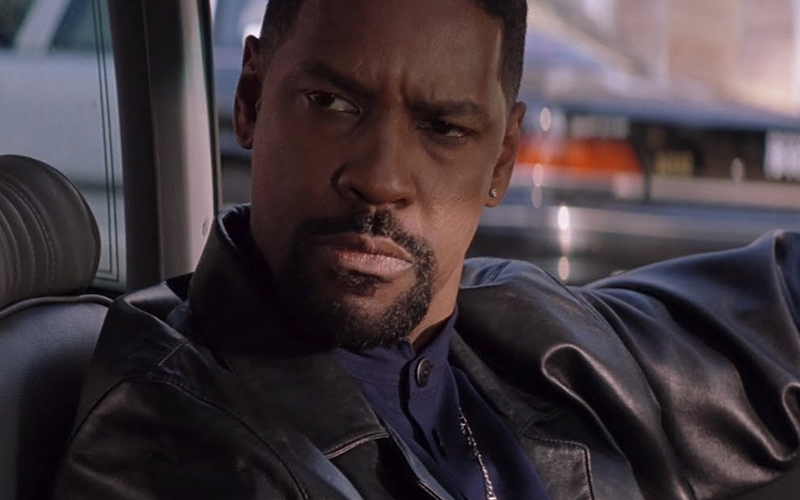
Why? Why? Why?
Why should the actor who interpreted Malcolm X and Rubin ‘Hurricane’ Carter in two of the most prominent biopics in American movie history be awarded for the role of a deeply corrupted L.A.P.D. narcotics officer in a performance?
Placing Denzel Washington’s performance that low on the list doesn’t mean that it was a bad performance. On the contrary. It is a good performance, even though we are not used to seeing him in the role of the villain. But it was not one of his best performances, nor was it a better performance than the ones above.
13. Leonardo DiCaprio in The Revenant (2016)

If it was for any of his other roles, the ones that have been nominated for an Oscar in leading or supporting role (“The Wolf of Wall Street,” “Blood Diamond,” “The Aviator,” “What’s Eating Gilbert Grape”) or any other of his sublime performances (“The Great Gatsby,” “Inception,” “Revolutionary Road,” “The Departed,” “Gangs of New York,” “Shutter Island,” even the blockbuster “Titanic”), he would have been in a much higher place on this list.
He is a great actor and he has proven it. He was not confined in a role of a handsome sex symbol, as he could have easily done, and he became one of the best actors in his generation, taking on demanding and challenging roles with success.
The award could be listed as an ‘Overdue Oscar,’ though DiCaprio has a long career in front of him and many more opportunities to win another golden statuette. However, many critics praised his performance, which mostly consisted in his enduring extremely harsh physical conditions, saying that, “It would have been enough to break a lot of lesser actors.”
Many actors who voted for him probably thought that way, bringing themselves to his position and appreciating his efforts. It could be the absolute example of method acting but, still… it takes more than suffering and enduring to achieve an inspiring performance.
12. Adrien Brody in The Pianist (2003)
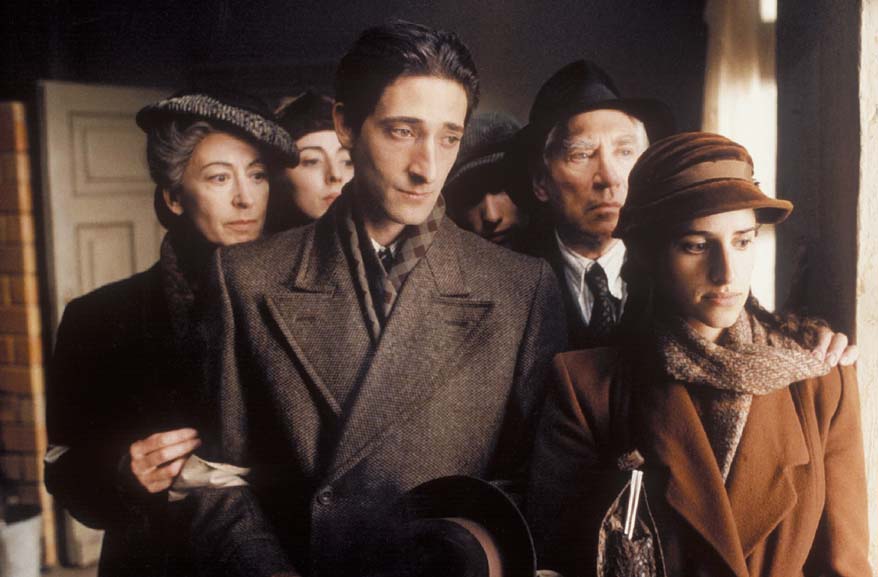
Adrien Brody is a method actor. For the needs of the role of Wladyslaw Szpilman, a Polish-Jewish piano master who survived the Holocaust, not only he did practice piano four hours a day in order to learn how to play Chopin passages, but he also moved to Europe and lived in conditions of extreme penury so that he could grasp the physical and sentimental condition of the fugitive pianist who roamed the ruins of Warsaw trying to find something to eat and a place to keep warm.
“The Pianist” is unquestionably a masterpiece, maybe together with “There Would Be Blood” as the best movie on the list, in my humble opinion. And Brody was very good in his role. His wandering and starving around Europe did give him that haunted look that reigned in the last half-hour of the movie, as Wlady, rawboned and ragged, drags himself inside ruins and deserted houses, through fire and on corpses, led only by his instinct of survival. Then, why isn’t he higher in this list?
Well, Brody’s victory came as a great surprise, as he was competing with giants – four iconic actors in American and world cinema (well, three and a half, to be more exact, I wouldn’t call Cage an iconic actor). Then, there is always the Hollywood grumbling about the wrong decisions of the Academy. There were many to say that it was Nicholson in “About Schmidt” who deserved that year’s Oscar.
But more than that, I believe that, even called “The Pianist,” the film was about Nazi-occupied Warsaw, the Jewish ghetto, the Polish resistance. We see the inhabitants being decimated, the city turning into a shapeless mass of ruins. The setting of Polanski’s childhood is the absolute protagonist of this film.
11. Jeff Bridges in Crazy Heart (2010)

Jeff Bridges is one of the most iconic American actors. Whatever he gets into gains in glitter and meaning. Many fans would have preferred to see him awarded for “The Big Lebowski,” one of the most emblematic characters in late 20th century American cinema, but that movie was totally ignored by the Academy.
Bridges was awarded in 2010 for playing a character that really suited him: Bad Blake, a faded country musician drawn into whiskey, who does minor performances in local bars, stays in cheap hotels, and sleeps every night with a different-aged fan. One day he meets Jean, a young single mother with a four-year-old son, and they start a romance. Soon Bad will realize in a very brutal way that his addiction to alcohol ruins both himself and the people around him.
Bridges was an ideal choice for the role; I don’t believe it cost him a lot of effort to get into character. The seemingly joyful, self–destructive Bad Blake has been excellently performed by the exuberant personality of Bridges, as if the role was written for him and only for him. And he manages to portray not a great, but a very lovely, human, an ‘at arm’s reach’ character that moves the inner strings in everybody’s heart with his melancholy, his isolation, his need for love, his humor, and his kindness.
10. Jamie Foxx in Ray (2005)

Jamie Foxx worked hand in hand with Ray Charles, who was very much involved in the project of his biopic and gave access to all his recordings and his archives. Charles died just two months before the film premiered at the Toronto Film Festival and received critical appraisal, especially for Foxx as Ray Charles himself.
Foxx had to work with a rather weak script that emphasized the womanizing and heroin addiction aspects of Charles’s life. The producers opted for presenting the period during which Charles established his presence in the music industry, when at the same time he fought against his addiction and his sentimental relations.
Foxx did his best in creating an assertive Ray Charles, who was not confined by his handicap but, on the contrary, he determined his life and talent from the very beginning of his long and high-rocketing career.